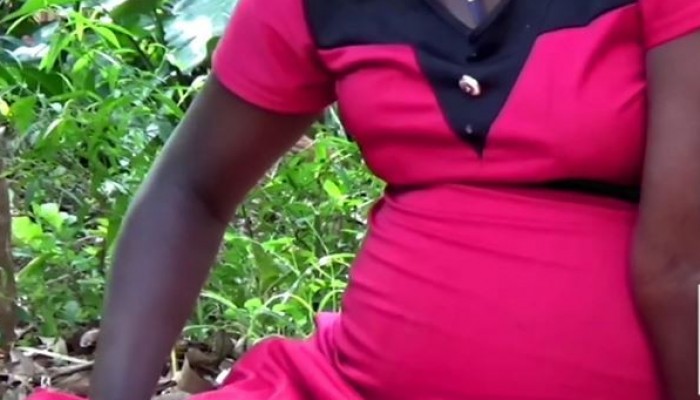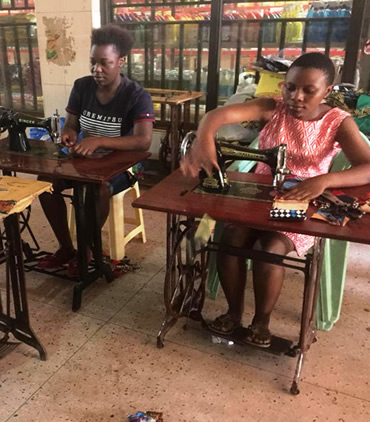
Early marriages are estimated at 17% but the number could be higher than that since most parents do not report the cases
As the world marked Population Day last week under the theme “Safeguarding the health and rights of women and girls around the world especially during the time of COVID-19 pandemic”, it was important to focus on the high levels of teenage pregnancy and child marriage reported during the COVID 19 lockdown.
According to a UNFPA document on teenage pregnancy in Uganda during and post Covid-19 lockdown, Eastern Uganda (Busoga) has the highest reported cases with Luuka district alone reporting more than 600 cases. West Nile and Ankole regions are also reporting many cases.
According to a Police report, 4,442 cases of defilement were reported between January and April 2020. The Sauti reported 800 cases of sexual abuse between January and May 2020, including increased cases of teenage pregnancy.
In 2014, the Ministry of Gender Labour and Social Development in partnership with UNICEF and other stakeholders, established the toll-free number 116 as the Uganda Child Helpline (UCHL)/Sauti to encourage children and adults to report cases of child abuse and all forms of child rights violations.
The case of Buliisa district
Early pregnancy stands between 25-30% in Buliisa district since children are not in school, according to the officer in charge of the district’s child and family protection unit, Ben Apera. “They are loitering in the towns and at landing sites without any control,” he says.
He also estimated early marriages at 17% but the number could be higher than that since most parents do not report the cases, but only insist that the man responsible takes care of the baby and its mother.
They normally choose to report the cases to the Police if the father of the baby sends the girl back to her family without any support.
Apera says when the Police realise the case involves an underage girl; they rush in to arrest parents of both sides. However, since they have a challenge of non-operational of courts in the district, the situation worsened during the lockdown.
This forced the Police to release the suspects on Police bond since they are not sure when courts will start sitting regularly.
Grace Akumu, a resident of Avogera village in Ngwedo sub-county, Buliisa district, says early pregnancies and marriage are nothing new in their Alur community, because in their culture, “girls are not expected to study but are required to get pregnant so the parents can ask for dowry.”
Akumu says the Alur cultural belief that the only role of females is to have children, has contributed to the high numbers of early pregnancy and marriage as parents take advantage of their daughters’ pregnancies to demand dowry.
She adds that according to their culture, parents sleep in the main hut, while the girls and boys have their own huts within the same courtyard, which leaves them unsupervised and since the lockdown, young people have made it a habit to sneak out of their homes.
The issue of teenage pregnancy is resolved by parents from both sides, with payment being one or two goats.
Akumu says the situation worsened during the lockdown as parents were not giving their girls the required protection from predators.
“Since children are no longer going to schools, parents send girls to sell snacks, flour, maize, among others in trading centres and at the landing sites on a daily basis to get money to support their families. In so doing, the girls are left exposed to defilers,” she says.
Akumu calls upon the Government and other stakeholders to devise suitable measures that will transform their culture where a girl child is not given enough support or courage to study which retards development in their community.
She adds that it is difficult for a girl child to get to senior one in their setting.
According to the LC3 chairman of Ngwedo sub-county, Stephen Kaliisa, children walk close to 30 miles to and from the landing sites and meet many temptations on the way.
He says when they were in school, teachers would tight mark them for most of the day till they returned home tired and only had time to prepare for the next morning day before they have supper, bathe and sleep.
The priest of St. John Baptist Parish, Anatoli Kirigwaijo Nyamitale, condemned the early marriages and pregnancies and wondered how a 13-year-old girl could be given the liberty take care of herself, sleeping a different house from the parents, even when the father has gone fishing and the mother to cultivate land in another sub-county for weeks or a month.
Girls are left home alone to take care of their siblings which puts them at risk because there is no adult to guide and correct them.
He calls upon parents to be exemplary and improve their parenting skills in order to manage the problem from within the district.
Robert Kule of Action Aid also urges the Government to empower community development officers, probation officers and other stakeholders to sensitise the locals on how to eliminate bad elements from society.
Ngwedo trading centre LC1 chairman Angelo Onwang also decries the failure to send learning materials for students.
He reveals that while some parents were reluctant to photocopy the available materials, others are not educated and cannot help their children revise, which poses a challenge.
He adds that the majority of the parents do not give the children time to study using radios, as they keep them busy selling charcoal, snacks and firewood at the landing sites and in the trading centres to make some much-needed money for their families instead.
He asked Government and other stakeholders to intervene and sensitise the community by using Village Health teams, radio stations, community congregations and any other channels to help girls acquire education in Buliisa district.
The community development officer Ngwedo sub-county Godfrey Tumusiime suggests urging women leaders in the district to organize counselling sessions with the parents and girls to discuss the benefits of educating the girl child.
This process, he adds, requires continuous sessions in order to change the mindset of the entire community.


Please make comments via email
Snapizera@gmail.com
Regards
Please send your comments to our email
Snapizera@gmail.com
Regards